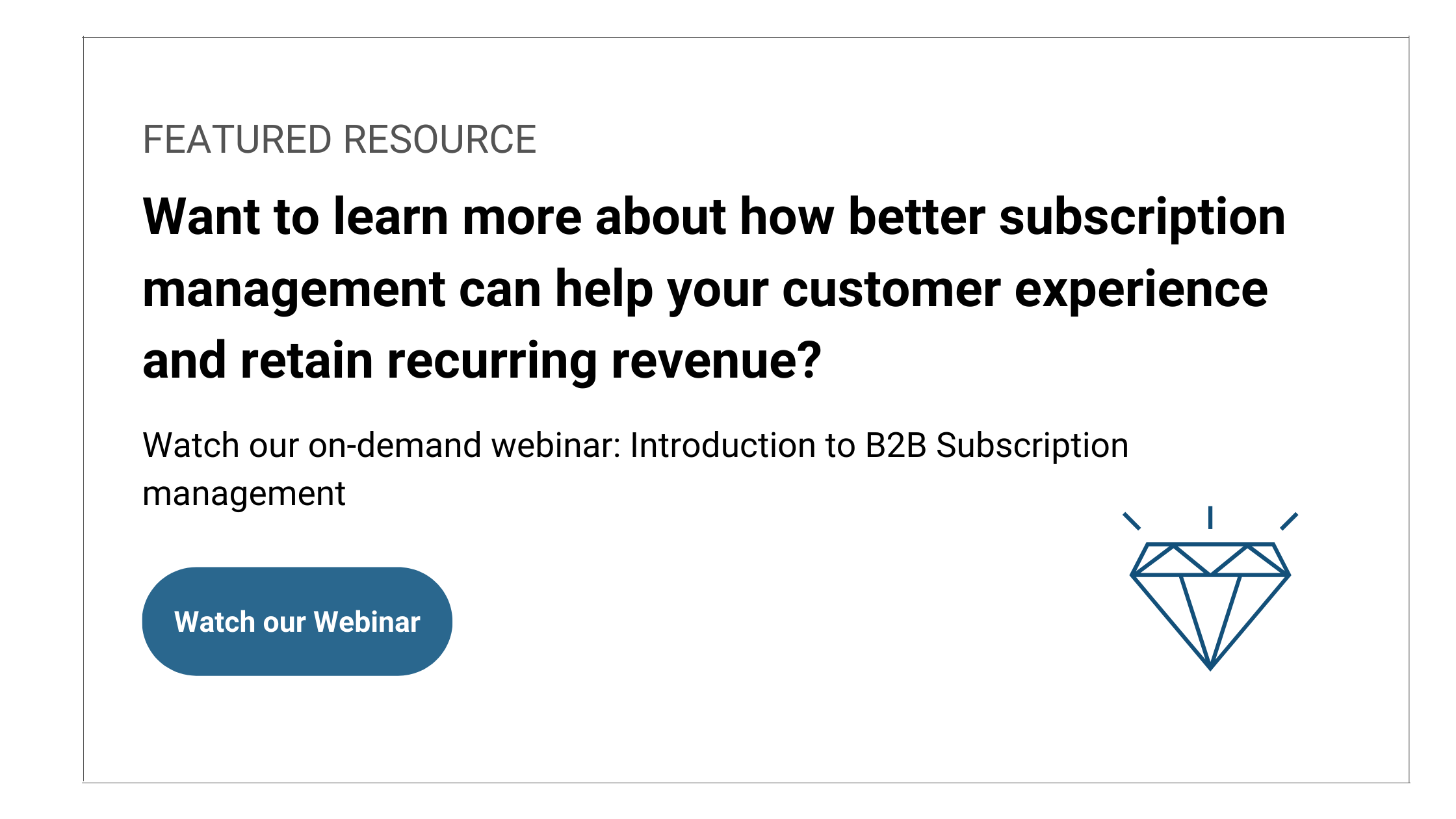Why prioritizing customer experience can improve USPs
Customer experience is more crucial than ever for SaaS companies looking to differentiate their offerings. Use CX for a unique selling point.

We're in very competitive times in business - with connectivity and globalization making it easier to enter new markets at rapid speed, and technology allowing new solutions to pop up all the time. It means for SaaS businesses, now is the time to really establish your unique selling point - the differentiating factor that's going to make you stand out and win customers. Here's why focusing on customer experience can help.
Customer experience is about service
For SaaS, our purpose is in the name - as-a-service. While you may sell a "product" in the form of a cloud-based platform, at your core you provide a service to your customers. It's why you should really be focusing on the experiences you are giving users to ensure that they are getting what they need from you, there is an ease and intuitiveness in utilizing your products and features, and that there is trust, transparency, and comfort in dealing with you as a company.
Especially in the B2B space where integrity is of utmost importance, placing an emphasis on the types of actual services you provide in addition to your standard product offerings can make a huge impact. Reframe how you think about customer experiences and service as well. While consulting add-ons may be a good way to generate more revenue, they also can feel like a value to customers who need to ensure that not only are they using your product effectively, but they won't be left hanging in the wind if they need help.
Focusing on customer experiences can help you to build out the "service" element of your company in different ways. But when you ensure that you are actively in a customer-forward mindset, it becomes much easier to underscore both.
CX can differentiate SaaS in competitive markets
While we all compete against others in our market when it comes to price, quality, and functionality, the gaps in these areas are narrowing. Where you can really have a chance to outshine others is if you're offering great features at a great value, and great customer experiences. In fact, a Walker study found that by this year (2020), customer experience will surpass price and product as the key brand differentiator. Moreover, PwC research found that a whopping 86% of consumers are willing to pay more for a great customer experience.
A CX strategy is no longer a "nice-to-have," it's a "must-have." But don't worry, this presents crucial opportunities for SaaS businesses. When prioritizing customer experience, you can then leverage it for you unique selling point, not only as a way to attract customers, but promote word-of-mouth referrals and best of all, customer loyalty.
CX helps with better recurring revenue - a win/win
SaaS companies rely heavily on the loyalty of their customers. Subscription models can ensure that you are securing a healthy revenue stream, and can allow you to forecast profitability and make budgets in ways that traditional direct-to-consumer product oriented companies can not. But if you aren't delivering on your service, whether it be bugs in your software, outages, outdated user interfaces, or poor customer experiences, you're going to see dreaded churn. In fact, in that same PwC research, they found after surveying 15,000 consumers, 92% would completely abandon a company after two or three negative interactions, while 1 in 3 customers will leave a brand they love after just one bad experience.
Focusing on CX, though, can not only help you acquire new customers, but it will keep them coming back. That way, you will have more resources to spend on both new sales and customer retention - which has a much better return in the short and long run.
The bottom line is, all companies across all industries need to focus more on customer experience. But SaaS businesses are already poised to provide better experiences and service easily - if you prioritize it. By considering how you can create better experiences for your customers, you'll be able to differentiate your brand in crowded markets and leverage CX as a unique selling point for your products and brand as a whole.
